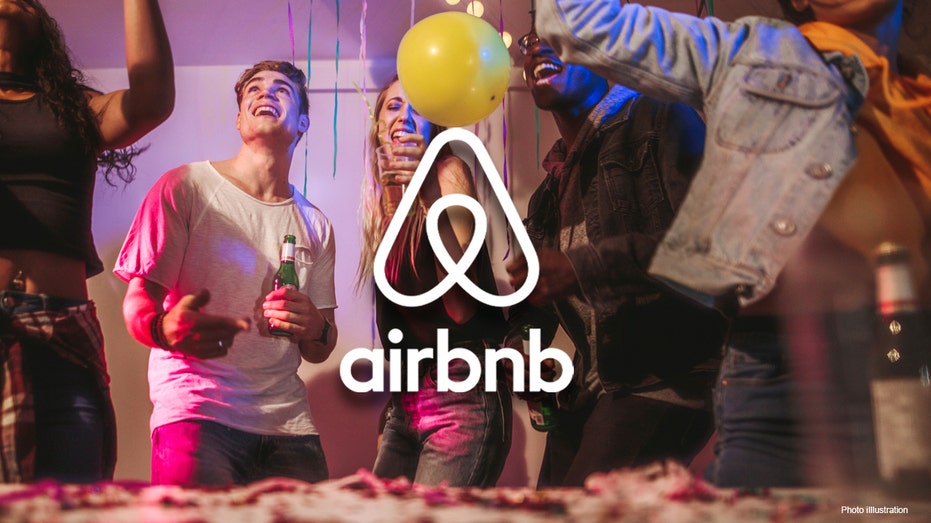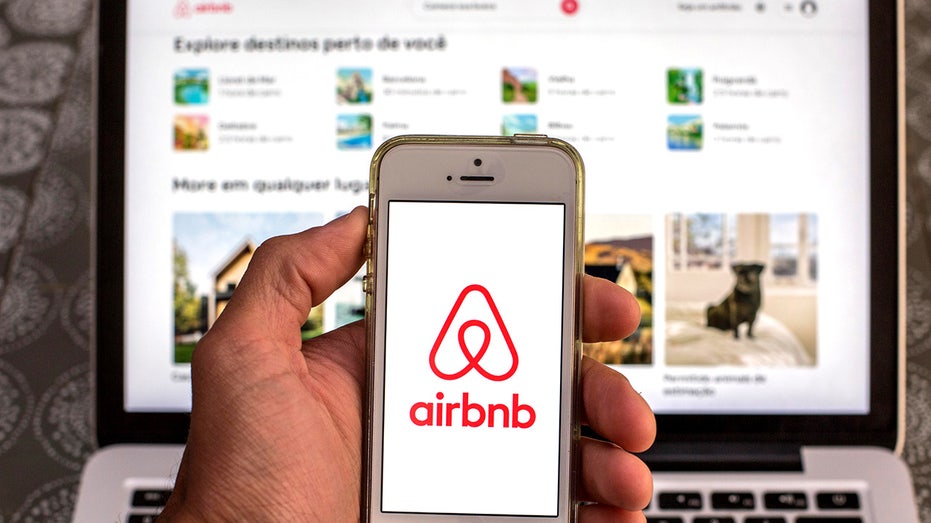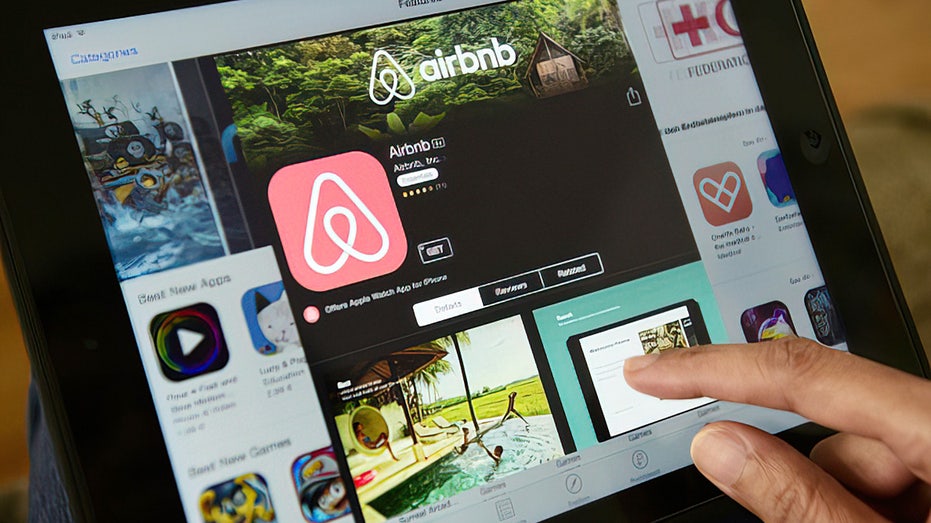Airbnb launches 'anti-party technology' to help hosts prevent risky bookings

Airbnb CEO: 2022 will be a travel rebound unlike any other
Brian Chesky tells ‘The Claman Countdown’ how the pandemic accelerated travel trends that were inevitable.
Airbnb is using technology to crack down on parties.
The vacation rental service announced on Tuesday, Aug. 16, that it’s introducing "anti-party technology" in the U.S. and Canada.
Airbnb said it’s launching tech-forward tools to help hosts "help identify potentially high-risk reservations and prevent those users from taking advantage of our platform," according to the company’s press release on the matter.
AIRBNB CEO PREDICTS GUESTS WILL STAY 'WEEKS, MONTHS, OR EVEN ENTIRE SEASONS AT A TIME'
Airbnb's integrated anti-party technology will analyze data points in each Airbnb user's profile to assess their party risk level.
Airbnb officially banned parties for good in June 2022 when it codified its party ban. (istock / iStock) Information that'll be taken into consideration will include a user’s review history, account creation dates, length of past trips and physical distance to the listing, the company's news release said. There will also be a weekend versus weekend assessment and other risk factors that’ll be taken into account, according to Airbnb. "It’s integral to our commitment to our Host community — who respect their neighbors and want no part of the property damage and other issues that may come with unauthorized or disruptive parties," Airbnb wrote. AIRBNB SEES 30% MORE NIGHTS BOOKED FOR THE SUMMER TRAVEL COMPARED TO PRE-PANDEMIC "The primary objective is attempting to reduce the ability of bad actors to throw unauthorized parties which negatively impact our Hosts, neighbors, and the communities we serve," the company later added in its news release. User accounts that get flagged by Airbnb’s anti-party technology will be prevented from completing their reservation. Airbnb is an app-enabled online marketplace for vacation rentals and tourism excursions. (Thiago Prudencio/SOPA Images/LightRocket via Getty Images) However, flagged users will be allowed to book private rooms instead of entire homes. Hotel rooms are also exempt. Airbnb noted that it implemented a "similar variation of this system" in Australia in October 2021 and the pilot program has reportedly "been very effective." The vacation rental service wrote that the anti-party pilot program in Australia resulted in a 35% drop in unauthorized parties in the regions where it was put into effect. "We are now ending the pilot phase in Australia and codifying this product nationwide," Airbnb wrote. "We are hoping for similar success as we begin testing this in the US and Canada." Homeowners and hotels use Airbnb to list entire properties and private rooms for temporary stays. (OHN MACDOUGALL/AFP via Getty Images) Airbnb said it will share "the results of this testing phase" and "the next steps" in its party ban in the near future. VACATION HOME TOP PICKS REVEALED BY BOOKING WEBSITE VRBO: 'ABOVE AND BEYOND' The company added that it’s open to adjusting its integrated technologies and policies because "no system is perfect." Airbnb introduced a temporary global party ban in August 2020 in response to the COVID-19 pandemic. GET FOX BUSINESS ON THE GO BY CLICKING HERE The vacation rental network eventually expanded its party ban after it received positive feedback from Airbnb hosts, community leaders and elected officials, which it noted in a press release issued in June 2022, when Airbnb announced it had officially codified its party ban. Source: Read Full ArticleTicker Security Last Change Change % ABNB AIRBNB INC. 121.87 -2.31 -1.86%


